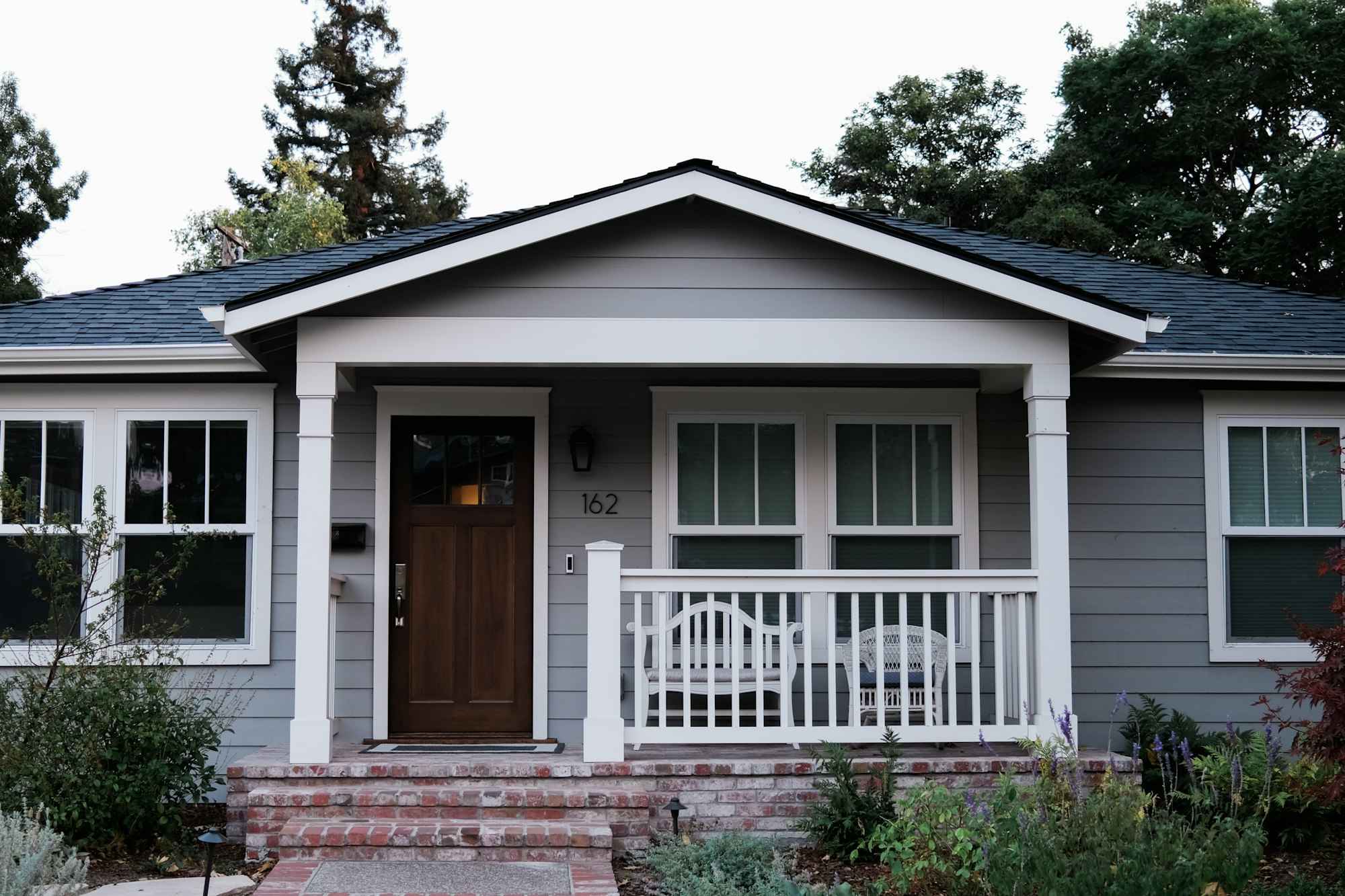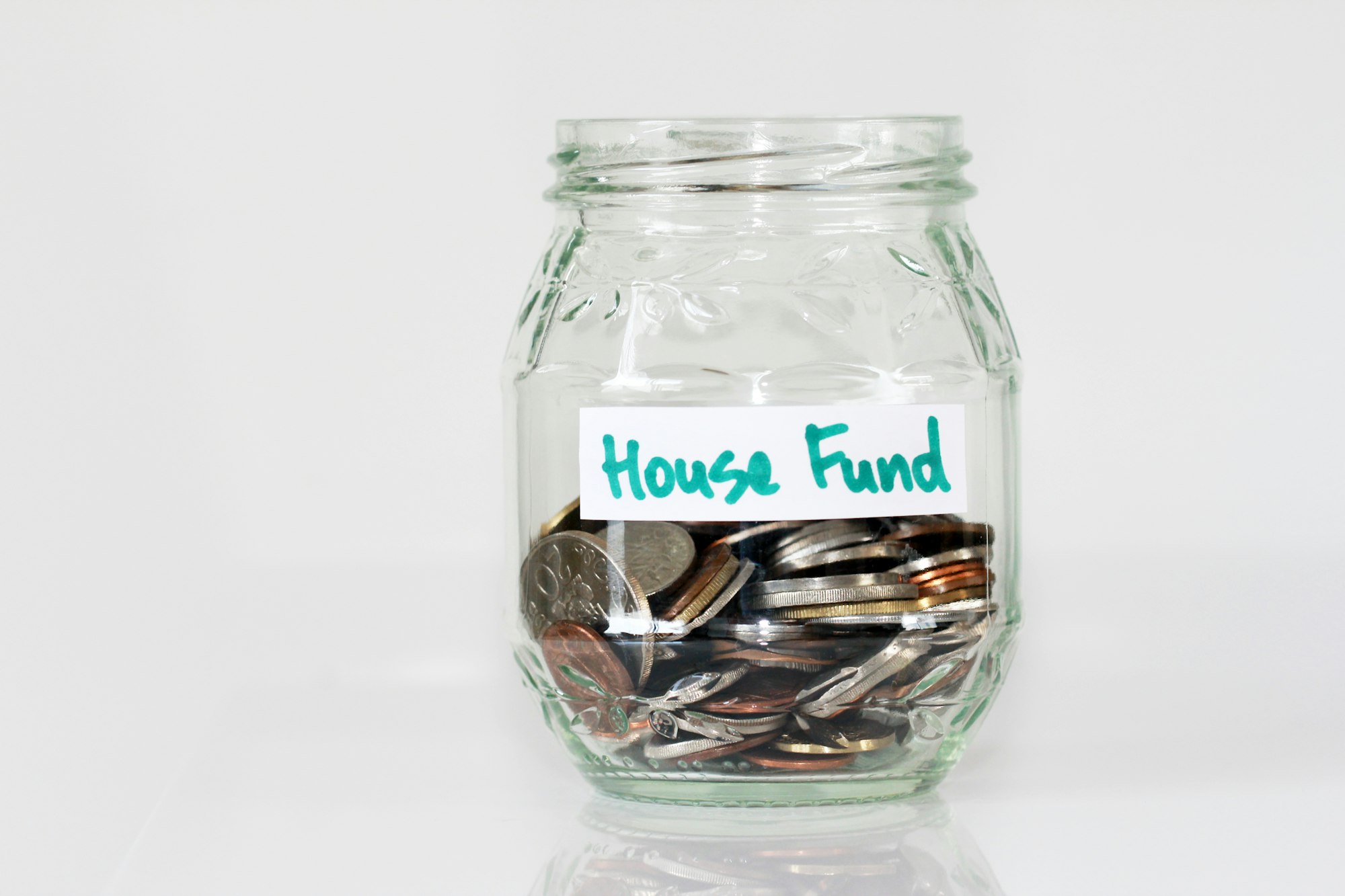
What are Closing Costs for Home Sellers?
Closing costs for sellers include agent commissions, escrow and closing fees, taxes, HOA fees, and more.
Typically, closing costs for sellers range between 8% and 10% of the final sale price of the home. For a home priced at $350,000, closing costs for sellers can be anywhere between $28,000 and $35,000. But, what expenses are included in these costs?
Buyer vs. Seller Closing Costs
Buyers and sellers are responsible for different closing costs. Typically, sellers are responsible for paying the closing costs related to their selling position, as well as the agent commissions for both their listing agent and the buyer’s representative agent.
While the agent fees are usually covered for buyers, buyers are still responsible for the closing costs of the steps taken during their escrow process — most of which are lender-related fees, such as:
- Appraisal fees
- Origination and application fees
- Credit report fees
- Notary fees
- Inspection fees
5 Items Included in the Closing Costs for Sellers
Since the closing costs for sellers are usually deducted from their total sales profits, sellers typically do not have to bring money to the closing table to cover their expenses.
However, it’s a good idea to know what closing costs for sellers are being deducted from your profits. Here is an itemized list of the different expenses that sellers are responsible for when paying the closing costs of a transaction.
#1. Agent Commissions
Sellers are usually responsible for paying the fees and commissions for the agents representing both sides of the transaction. When combined, agent commissions paid by sellers usually amount to 6% of the sale’s total cost. This is the bulk of what sellers pay for at closing.
#2. Escrow and Closing Fees
Sellers are responsible for paying half of the fees charged by the escrow agent in charge of the transaction, as well as the closing fees to finalize the sale. Escrow officers can charge up to $2,000 depending on the area that you live in.
Your top agent will review your payment responsibilities for the escrow officer before closing.
#3. Transfer Tax
Another one of the closing costs for sellers is the transfer tax, sometimes called the title fee. This is a tax that sellers need to pay in order to transfer the ownership title of the property to the buyer at closing.
How much you’ll need to pay toward the transfer tax varies by state, so speak with your agent to find out how much you’ll be paying.
#4. Property Taxes
When selling your home, you’ll need to pay the property taxes up until the closing date. Typically, these taxes are prorated to cover the time you own the property up until it’s officially sold at closing. Once you transfer ownership, the new homeowner will be responsible for picking up the property’s taxes.
#5. HOA Fees Up to Closing
If the home being sold is in a community that is overseen by a homeowner’s association, sellers are responsible for paying the HOA fees up until the closing date in full. In some cases, HOA’s charge an additional transfer fee when one homeowner sells the property to a new buyer.
Other Items That May Be Included in Seller Closing Costs
Depending on the terms and circumstances of the sale, there may be additional closing costs for sellers.
Some examples are attorney’s fees, credits toward closing costs, and home improvements.
- Depending on the state that you are selling the home in, you may be required to have a licensed real estate attorney on your real estate team. If an attorney is required, or hired by choice, the seller is responsible for paying their fees.
- Credits toward closing costs are owed when the seller agrees to cover some of the closing costs that would be charged to the buyer during negotiations. This strategy is often used in buyer’s markets and is called a seller assist or a seller concession.
- Sellers typically make home improvements when selling their home, whether it’s before listing or during escrow as a negotiation point. Work done on the property is another out-of-pocket expense that sellers should be prepared to cover.
- Lastly, don’t forget to prepare a budget for moving out of the home you’re selling and into your brand new home.
When you work with a top agent, you’ll have an expert to ask all of your budget-related questions to and help make sure you’re prepared to cover all of the costs that sellers are responsible for.
To get in touch with the perfect agent to help you plan and execute your home sale, let RealEstateAgents.com connect you with the best real estate professionals in your market.





